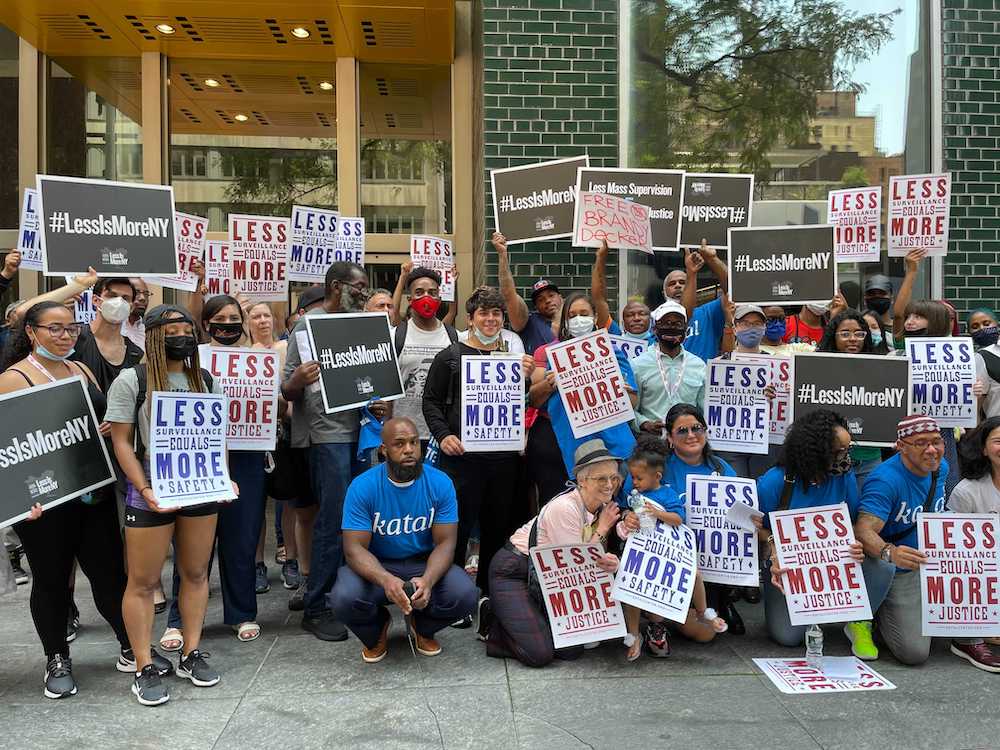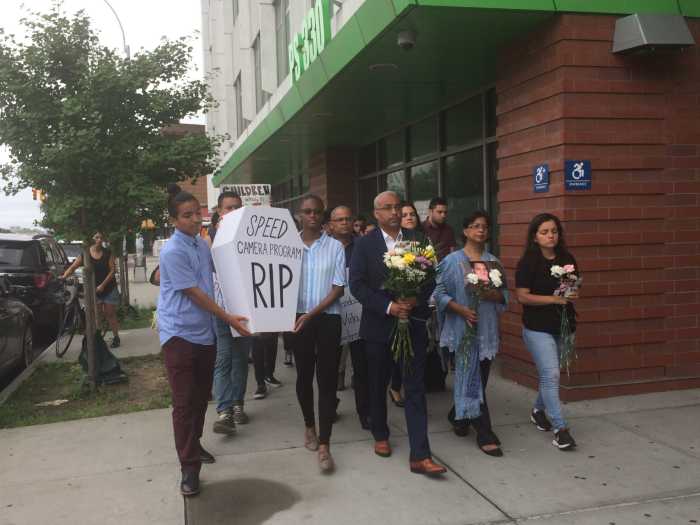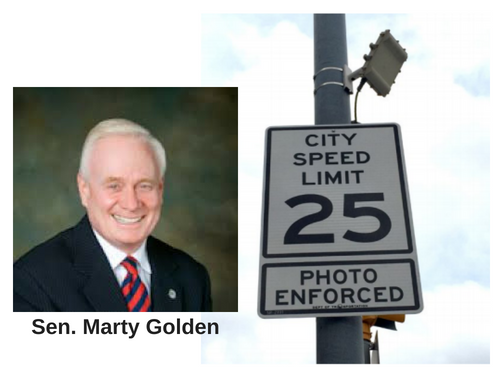Criminal justice reform advocates are ramping up the pressure on Gov. Andrew Cuomo to sign recently passed legislation that would give parolees a 30 day “earned time credit” reduction in their community supervision period for every 30 days they do not violate a conduct of supervision. The bill is just a Governor Cuomo signature away from becoming law.
The Less Is More bill (S.1144A) brings about needed reform that would help to break the cycle of reincarceration which has disproportionately affected communities of color, advocates say.
Additionally, under the bill, parolees who commit a technical violation would instead be issued a written notice of violation with a date to appear in court. They would then be granted a recognizance hearing before they are detained, bolstering due process
State Senator Brian Benjamin (D-Manhattan) and Assembly Member Phara Souffrant Forrest (D-Brooklyn) were the bill’s main sponsors in their respective chambers.
“Less Is More will transform our broken parole system and provide a pathway for those who have been released from prison to reconnect with their families and loved ones, obtain good jobs, and live normal lives after their release instead of creating barriers and obstacles to success,” said Benjamin.
The Katal Center, an organization that focuses on ending mass incarceration and mass criminalization through community organizing, held a rally Thursday, July 15, outside of Governor Cuomo’s office in an effort to get him to sign the bill as law. Over 50 people showed up at the rally.
“We think this is a good measure to reform the parole system,” said Yonah Zeitz, who serves as the Advocacy & Communications Manager at the Katal Center. “It also addresses some of the racial inequities in terms of who gets reincarcerated for technical violations of parole while also having a positive impact on public safety and saving the state a lot of money.”
The state of New York leads the country in terms of incarcerating people because of technical violations of parole, according to the Justice Lab at Columbia Law. Their report concludes that the State spends over $680 million a year just on technical parole violations.
Parolees are currently restricted to a very restrictive and difficult lifestyle. One mistake such as missing a curfew or failing to meet with a parole officer, and they are sent back to prison without a hearing.
“This changes everything,” said Avion Gordon, a member of the Katal Center who is currently on parole. “We need due process. We need that safety net of due process. This bill is going to help people.”
Technical violations such as missing a curfew would no longer lead to the imprisonment of a parolee. Certain technical violations could still lead to prison time, but it would be capped at 30 days. The bill also brings about speedier hearings as they would be conducted within 30 days rather than 105 days that is currently the rule.
The name of the bill, Less Is More, stands for less mass supervision equals more community safety. The bill is supported by over 280 community advocacy groups, 8 district attorneys, and law enforcement leaders across New York State. The New York Civil Liberties Union (NYCLU) is one of those advocates.
“The New York state legislature took a common-sense and overdue step towards ending mass incarceration by passing the Less is More Act, which will bring our state’s inhumane practice of detaining New Yorkers for non-criminal technical parole violations to an end, and shorten the length of time that New Yorkers are subjected to parole supervision,” said Policy Counsel of NYCLU Jared Trujillo in a statement.
“This legislation recognizes that people on parole who have committed no new crimes should be with their communities and families, not behind bars for missing an appointment. Governor Cuomo must curtail one of the most regressive parole systems in the country by signing the Less is More Act into law without delay,” Trujillo continued.
Governor Cuomo has not yet indicated his position on the bill and whether or not he plans to sign it into law.









